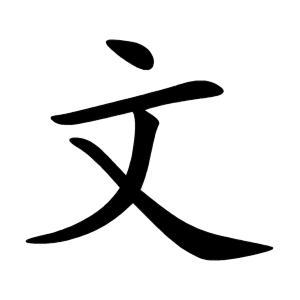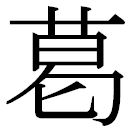
Jin is the Hanyu pinyin transliteration of a number of Chinese surnames. The most common one, Jīn 金, literally means "gold" and is 29th in the list of "Hundred Family Surnames". As of 2006, it is ranked the 64th most common Chinese surname and is sometimes transliterated as Chin.
Sima or SIMA may refer to:
A lama is a Tibetan teacher of the Dharma.
Haydar, also spelt Hajdar, Hayder, Heidar, Haider, Heydar, Haidr, and other variants, is an Arabic male given name, also used as a surname, meaning "lion".
Aksu or Aqsu may refer to:

Wen is the pinyin romanisation of the Chinese surname 文 (Wén).

Tián, or T'ien in Wade-Giles is a Chinese surname. An alternative transliteration of "田" from Cantonese is Tin, from Hokkien is Thinn. It appeared in the Hundred Family Surnames text from the early Song dynasty. It also means "field". In 2019 it was the 34th most common surname in mainland China.

Lu is the pinyin and Wade–Giles romanization of the Chinese surname written 陆 in simplified character and 陸 in traditional character. It is also spelled Luk or Loke according to the Hong Kong Cantonese pronunciation. Lu 陆 is the 61st most common surname in China, shared by 4.2 million people. Most people with the surname live in southern China; 44% live in just two provinces: Jiangsu and Guangxi. Lu 陸 is listed 198th in the Song dynasty classic text Hundred Family Surnames.

Ge is a surname of Chinese origin. One branch of the family became the compound surname Zhuge. In 2013 it was found to be the 110th most common surname, composed of 1.95 million people or 0.150% of the total national population, with the province with the largest population being Jiangsu. It is the 44th name on the Hundred Family Surnames poem.
Pú (蒲) is a Chinese surname.
Isma'ilism is a branch or sub-sect of Shia Islam. The Ismailis get their name from their acceptance of Imam Ismaʻil ibn Jafar.
Fú or Foo (符) is a Chinese surname meaning “tally” in ancient Chinese, referring to the Zhou dynasty Fu (tally). Its use as a surname derives from the post name Fu Xi Ling (符璽令), which was borne by Gong Ya, grandson of Duke Qing of Lu who later migrated to Qin. According to the Oxford Dictionary of Family Names on Britain and Ireland: “This was a post held by the man in charge of the tally given by a ruler to a general to deploy troops or to an envoy as his credentials.”
This page is based on this
Wikipedia article Text is available under the
CC BY-SA 4.0 license; additional terms may apply.
Images, videos and audio are available under their respective licenses.



